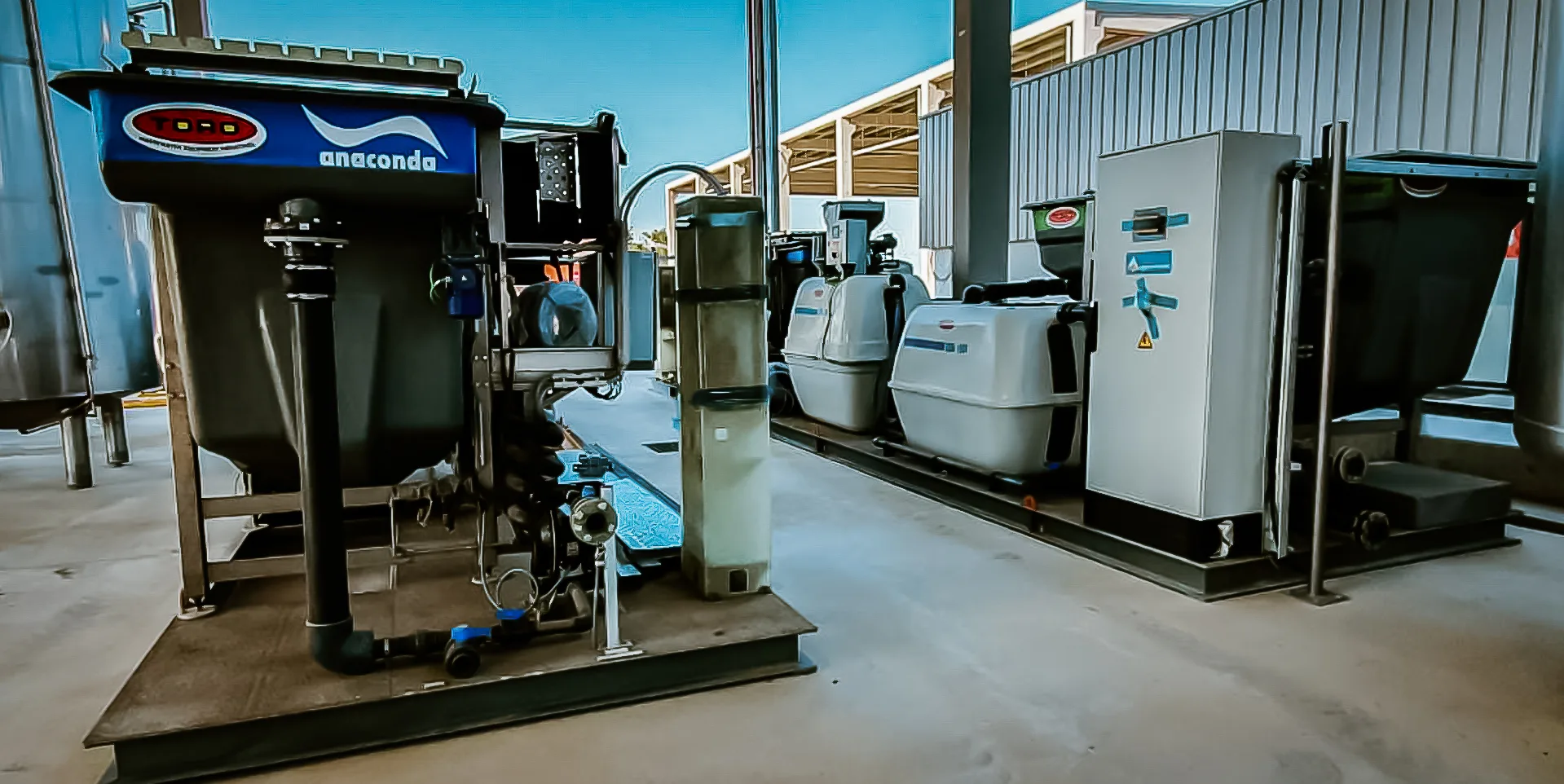

Chlorination of well. Chlorination of well is a crucial process in ensuring the safety and quality of drinking water. Wells are a common source of water for many households and communities, but they can be susceptible to contamination from various sources. Chlorination is a widely used method to disinfect well water and eliminate harmful bacteria, viruses, and other pathogens. When done correctly, chlorination can effectively kill any existing microorganisms in the water and prevent the growth of new ones. The process involves adding chlorine to the well water in carefully measured amounts to achieve the desired level of disinfection. It is important to follow proper procedures and guidelines when chlorinating a well to ensure that the water is safe for consumption.
Regular testing of the well water is also recommended to monitor the effectiveness of the chlorination process and ensure that the water meets the required safety standards. Chlorination of well is particularly important in areas where the water quality is at risk due to factors such as agricultural runoff, industrial pollution, or proximity to septic systems. By implementing proper chlorination practices, individuals and communities can safeguard their water supply and protect themselves from waterborne illnesses. In conclusion, chlorination of well is an essential step in maintaining clean and safe drinking water for everyone.
Boiler water treatment is an essential practice for maintaining the efficiency and longevity of boiler systems. The process involves the removal of impurities and the control of various factors to prevent issues such as corrosion and scale buildup. The ultimate goal is to ensure that the boiler operates at peak efficiency and remains free from complications.
Various methods are employed for treating boiler water, with chemical treatments, mechanical treatments, or a combination of both being common approaches. Chemical treatments utilize a range of chemicals to control pH levels, remove oxygen with oxygen scavengers, and prevent scale buildup with scale inhibitors. On the other hand, mechanical treatments involve the use of filters, softeners, and deaerators to eliminate impurities and gases from the water.
Regular testing and monitoring of the boiler water quality are crucial components of an effective treatment program. This ensures that the treatment methods are working as intended and that the boiler system is functioning correctly. Failure to properly treat boiler water can lead to decreased efficiency, increased energy costs, and potentially expensive repairs.
Implementing a comprehensive boiler water treatment program offers several benefits for businesses. It helps extend the life of boiler systems, improve energy efficiency, and reduce overall maintenance costs. By investing in proper treatment methods and regularly monitoring the system, businesses can ensure the longevity and efficiency of their boiler systems for years to come.
In conclusion, boiler water treatment is a critical aspect of boiler maintenance that should not be overlooked. It is an investment in the long-term health of the boiler system, providing peace of mind, operational efficiency, and cost savings over the system’s lifespan.